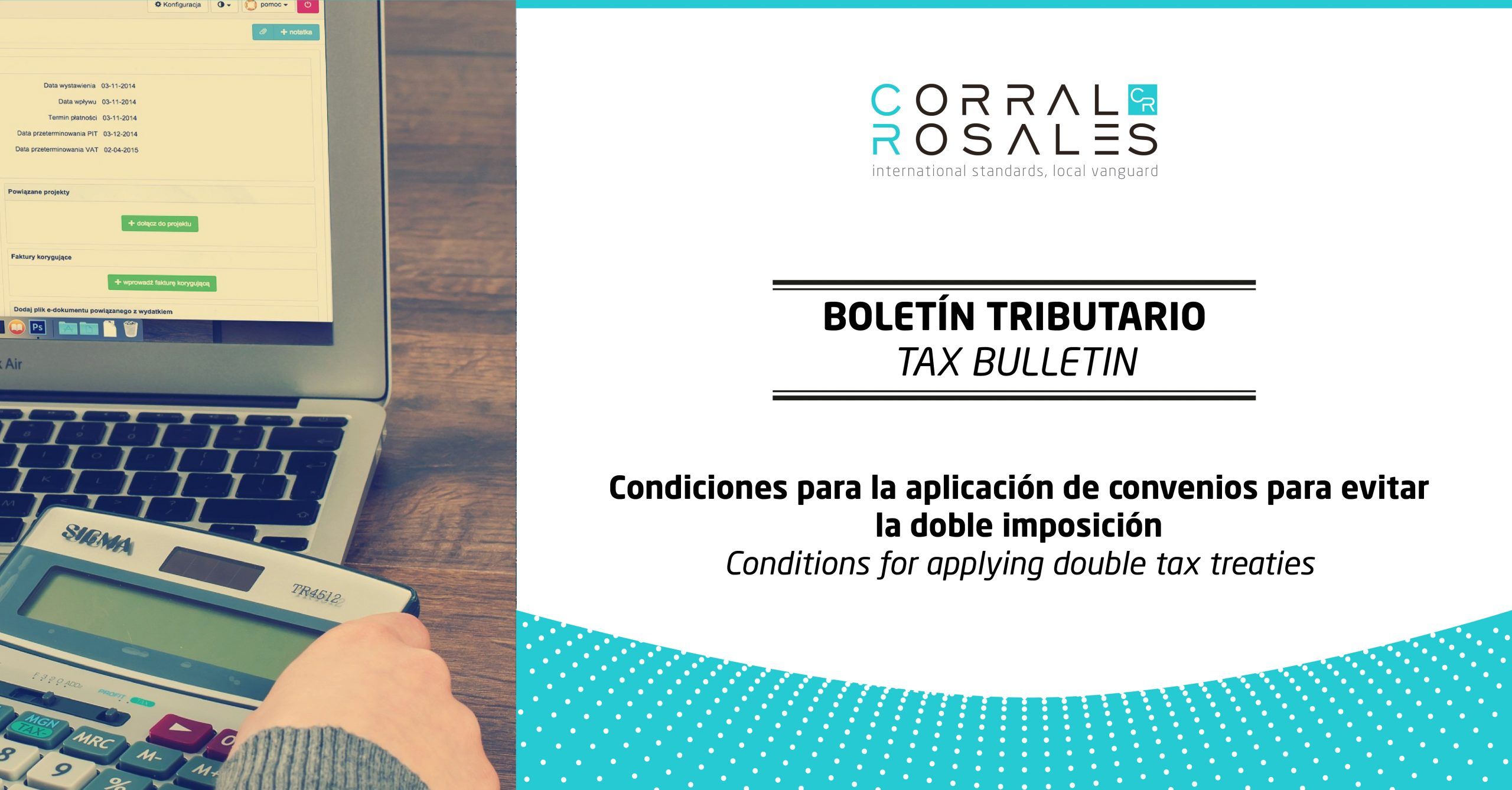Other competences of the Committee: to approve projects proposed by a delegating entity; to establish the projects that can be delegated to a private manager for the use of the existing infrastructure; to establish institutional coordination mechanisms.
Regime of delegated management contracts and PPP projects
Self-financed projects: those whose income comes from the price paid by the final users; and Projects with public financing, those that require the participation of public investment. The projects will distribute the risks between the public and private sectors; preferably they will be integral, trying to make the private manager in charge of the execution of the project. The results of the projects will be evaluated through specific indicators.
Public projects of private initiative: By public invitation or by their own initiative, private companies may propose to the Administration the execution by delegated project management. The delegating entities will determine the public interest of the project within a maximum term of six months. Once the private initiative project has been incorporated into the PPP Project Program, the private proponent will have a term of six months to prepare the feasibility study. The private proponent will intervene on equal terms with the other interested parties, with the only exception of a bonus of up to ten percentage points in the evaluation of its offer. He will not have the right to match or improve the offer of the best qualified bidder.
Participants in a PPP project: the delegating entities will be the public administrations that own the competence that will be delegated, public companies are not considered delegating entities; the private manager may be a corporation constituted according to Ecuadorian legislation, with a specific purpose to attend the public project. The private manager may adopt another authorized figure in the legal system according to the specifications of the application.
Economic-financial terms: the private manager, as consideration for the activities assumed, may receive contributions from the public budget, payments made by the final users, or a combination of both. The income of the PPP project will be used to cover the investment and operating costs and expenses of the PPP project and the remuneration of the private manager. When the private manager does not have a direct relationship with the users or beneficiaries of the PPP project, the public administrations may constitute a trust business to guarantee the respective payments. In its relationship with third parties that finance the PPP project, the private manager will have the necessary autonomy and sufficiency to provide the guarantees required on the estate and rights of the delegated management contract that are their exclusive property, without the need for prior authorization of the entity, except in cases where their acts or contracts may imply that the third party is able to suspend public service or affect service levels.
PPP project cycle and administrative procedure
Do you want to receive our newsletters with information like the one you just read?
Click here and subscribe.



